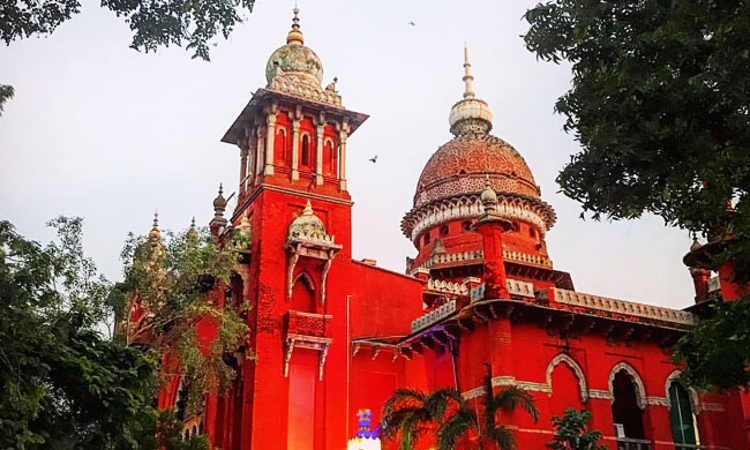Limitation Is An Aspect Of Public Policy For The Purpose Section 34 Of Arbitration Act : Madras High Court
Parina Katyal
11 Aug 2022 12:15 PM IST

Next Story
11 Aug 2022 12:15 PM IST
The Madras High Court has ruled that limitation is a facet of public policy, and hence, an arbitral award which is incorrect qua limitation is hit by Section 34(2)(b)(ii), read with Clause (ii) of Explanation 1 to Section 34(2)(b)(ii) of the Arbitration and Conciliation Act, 1996 (A&C Act). The Single Bench of Justice M. Sundar held that, in view of the principle laid down by...
